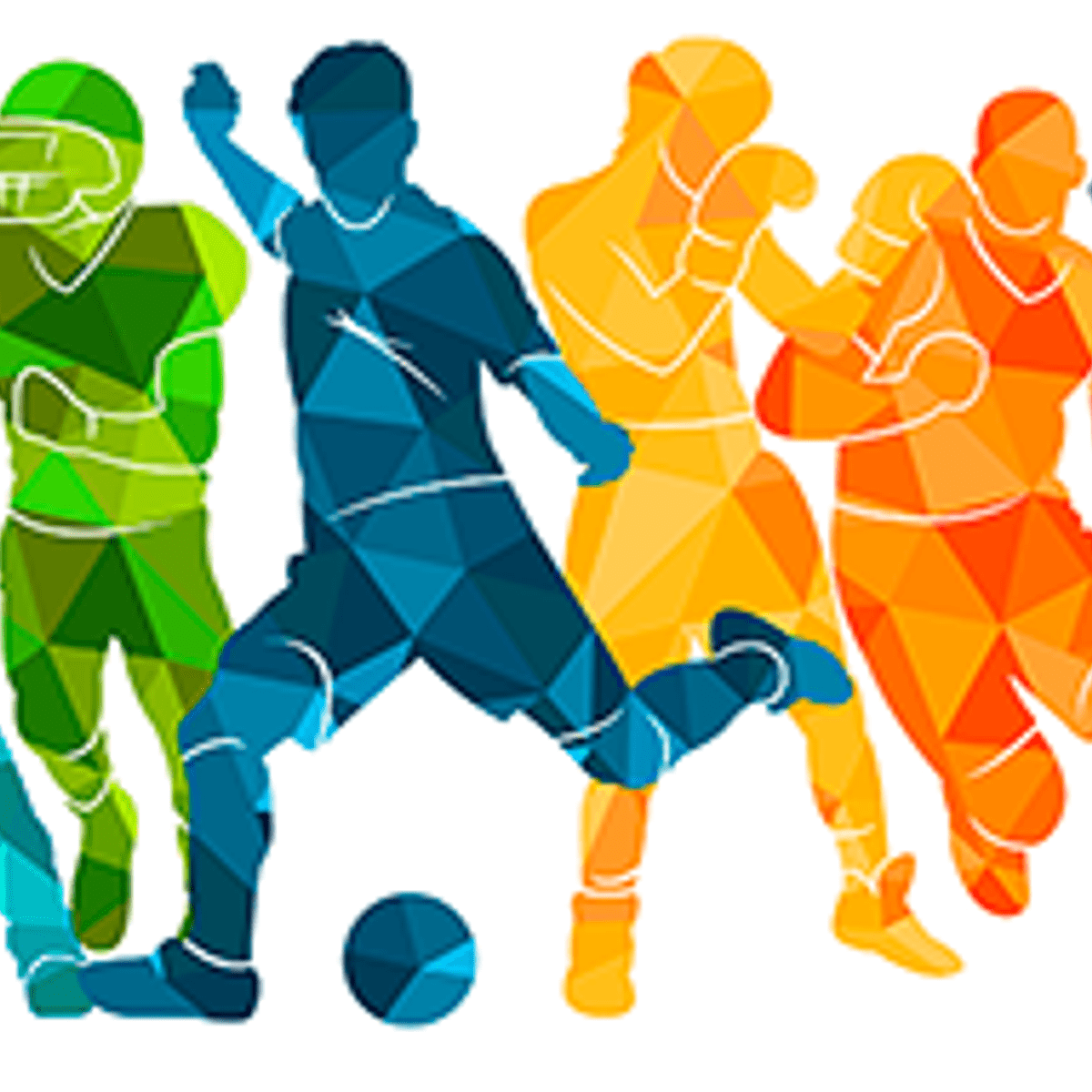
In this course, we will discuss the interplay of law, data analysis, and athlete representation using the athlete's career path trajectory as the focus. The intent is to introduce data analytical tools, laws, & regulations applicable to athlete representation throughout various stages of an athlete’s career. The primary focus is on athlete development and representation within the regulatory frameworks of federal and state laws and other pertinent rulemaking authorities, including pro sports unions.
What's inside
Syllabus
Athlete Career Stages & Employment Pathways
In this module, we discuss the stages of an athlete's career development and explore how and when an agent is introduced into the mix.
Read more
Syllabus
Good to know
Save this course
Activities
Review principles of agency law
Show steps
Understanding agency law provides the foundation for key concepts covered in the course modules.
Show steps
-
Research core principles of agency law
-
Review case precedents and legal statutes
-
Summarize key concepts in own words
Analyze athlete contracts
Show steps
Analyzing real-world athlete contracts allows students to apply knowledge of legal statutes and apply their understanding to practical examples.
Browse courses on
Legal Documents
Show steps
-
Select a sample athlete contract to review
-
Identify key clauses and provisions
-
Analyze legal implications of each clause
-
Prepare a summary of findings
Draft and prepare athlete representation agreement
Show steps
Drafting an Athlete Representation Agreement allows students to engage with the real-world scenarios covered in assignments and discussions.
Browse courses on
Legal Contracts
Show steps
-
Review athlete agency representation guidelines
-
Prepare representation agreement outline
-
Draft fee structure provisions
-
Draft term provisions
-
Include termination and amendment clauses
One other activity
Expand to see all activities and additional details
Show all four activities
Practice negotiating contract terms
Show steps
Engaging in role-playing activities allows students to apply their understanding of legal principles and negotiation strategies.
Browse courses on
Contract Negotiation
Show steps
-
Identify negotiation goals and objectives
-
Develop negotiation strategies
-
Role-play contract negotiation scenarios
-
Analyze and evaluate negotiation outcomes
Review principles of agency law
Show steps
Understanding agency law provides the foundation for key concepts covered in the course modules.
Show steps
- Research core principles of agency law
- Review case precedents and legal statutes
- Summarize key concepts in own words
Analyze athlete contracts
Show steps
Analyzing real-world athlete contracts allows students to apply knowledge of legal statutes and apply their understanding to practical examples.
Browse courses on
Legal Documents
Show steps
- Select a sample athlete contract to review
- Identify key clauses and provisions
- Analyze legal implications of each clause
- Prepare a summary of findings
Draft and prepare athlete representation agreement
Show steps
Drafting an Athlete Representation Agreement allows students to engage with the real-world scenarios covered in assignments and discussions.
Browse courses on
Legal Contracts
Show steps
- Review athlete agency representation guidelines
- Prepare representation agreement outline
- Draft fee structure provisions
- Draft term provisions
- Include termination and amendment clauses
Practice negotiating contract terms
Show steps
Engaging in role-playing activities allows students to apply their understanding of legal principles and negotiation strategies.
Browse courses on
Contract Negotiation
Show steps
- Identify negotiation goals and objectives
- Develop negotiation strategies
- Role-play contract negotiation scenarios
- Analyze and evaluate negotiation outcomes
Career center
Sports Agent
Athletic Director
Sports Lawyer
Player Personnel Director
Sports Marketing Manager
Sports Journalist
Sports Broadcaster
Talent Scout
Sports Coach
Sports Psychologist
Sports Umpire or Referee
Sports Administrator
Sports Massage Therapist
Sports Nutritionist
Sports Physician
Reading list
Share
Similar courses
OpenCourser helps millions of learners each year. People visit us to learn workspace skills, ace their exams, and nurture their curiosity.
Our extensive catalog contains over 50,000 courses and twice as many books. Browse by search, by topic, or even by career interests. We'll match you to the right resources quickly.
Find this site helpful? Tell a friend about us.
We're supported by our community of learners. When you purchase or subscribe to courses and programs or purchase books, we may earn a commission from our partners.
Your purchases help us maintain our catalog and keep our servers humming without ads.
Thank you for supporting OpenCourser.



